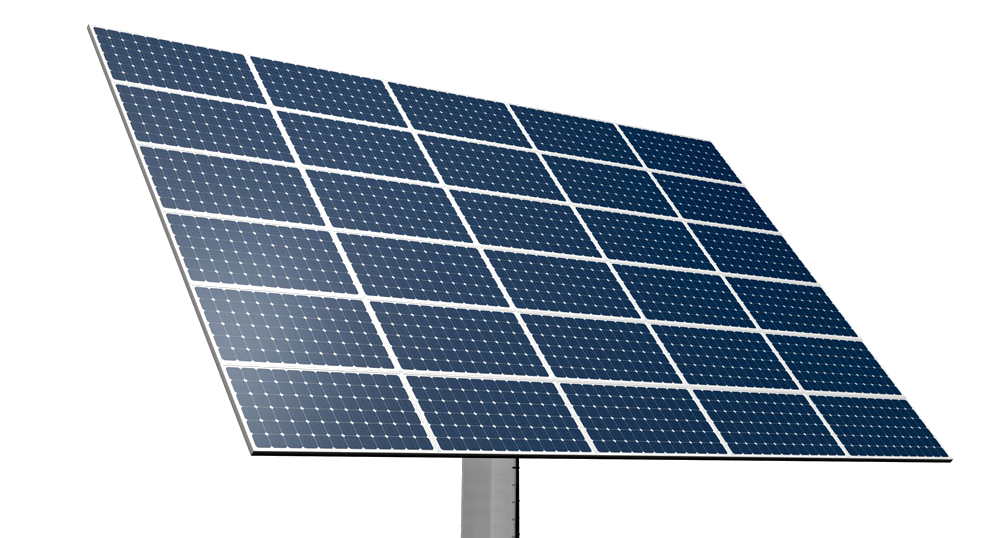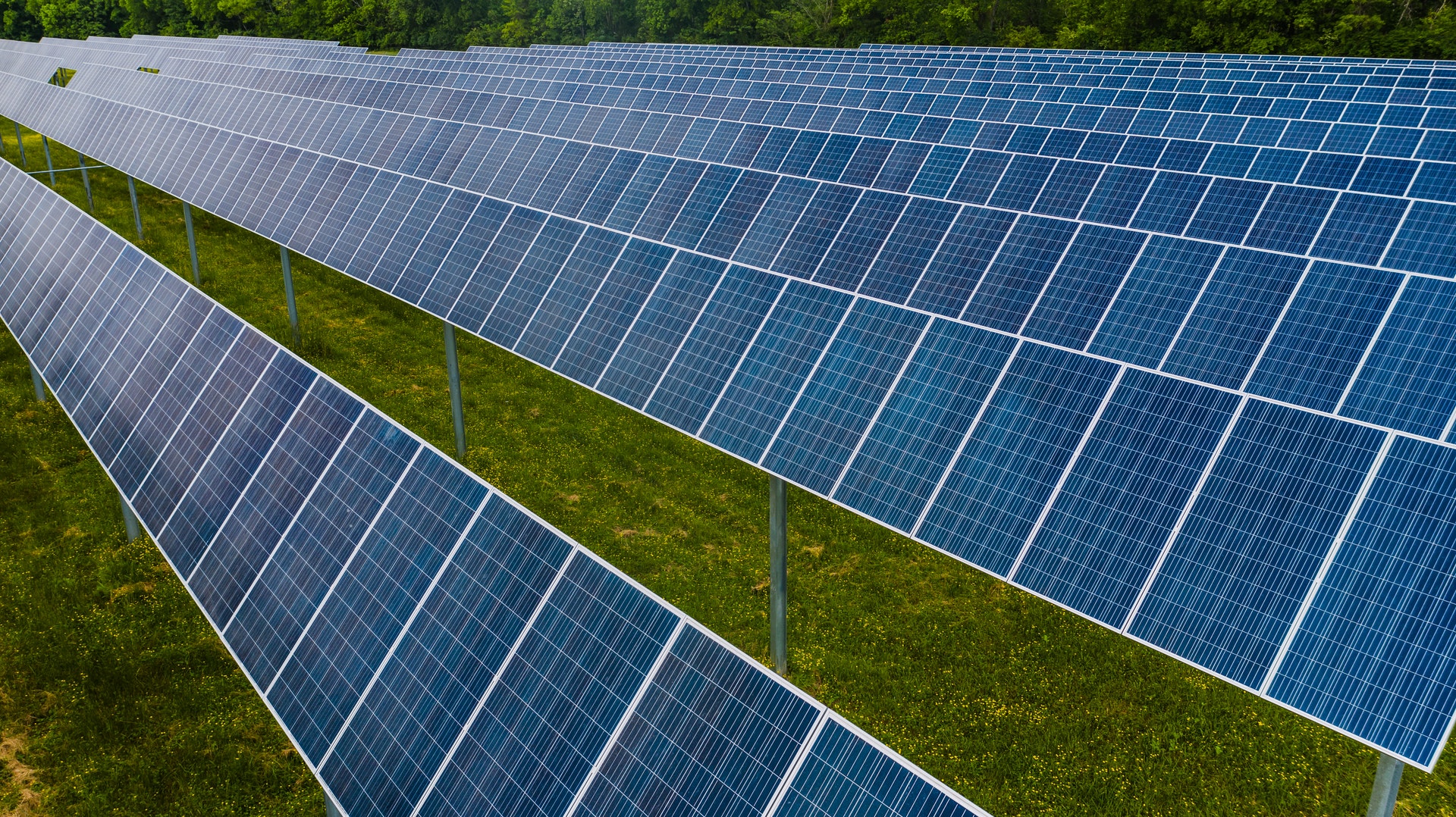The Solar Massachusetts Renewable Target (SMART) Program includes criteria concerning land use and siting of solar farms in both National Grid and Eversource territories. The siting of a Solar Tariff Generation Unit (STGU) must take a wide number of factors concerning the proposed site into account. These factors include:
- Zoning
- Existing use and development
- Site characteristics (i.e. natural resources, endangered species, topography)
- Design and size of the STGU
- Other STGUs sited on the same or contiguous parcels
Of course, depending on the specific site in question, there may be many more factors to consider for a proposed STGU. The brief list above is by no means exhaustive.
Solar Tariff Generation Unit (STGU) Classification
Public Entity STGUs which are not located on Land in Agricultural Use, or Important Agricultural Farmland, will be designated as Category 1 Non-Agricultural.
Solar Tariff Generation Unit (STGU) Restrictions
There are a number of restrictions regarding the siting of Solar Tariff Generation Units in Massachusetts under the regulations outlined as part of the state’s SMART Program. Firstly, STGUs cannot be sited on land which is classed as:
- Priority Habitat
- Core Habitat
- Critical Natural Landscape
Additionally, STGUs cannot be sited on land where at least 50% of its area is classed as:
- Priority Habitat
- Core Habitat
- Critical Natural Landscape
Pollinator Adder: Criteria
It is possible for a STGU to receive a pollinator adder, provided it satisfies the required criteria for this adder. In order to receive a pollinator adder, the STGU must maintain at least a silver certification from the UMass Clean Energy Extension’s Pollinator-Friendly Certification Program. Other equivalent certification may be acceptable if determined as so by the Massachusetts Department of Energy Resources (DOER). The latest certification criteria is available from UMass at this link.
Pollinator Adder: Value
The value of the pollinator adder is $0.0025/kWh. If a STGU qualifies for this adder, it will be added to the STGU’s Base Compensation Rate. The pollinator adder is calculated purely on a per kWh basis.
Ineligible Land Use Under Massachusetts SMART Regulations
Certain types of Massachusetts land are ineligible for STGU siting under Massachusetts SMART Regulations. The types of land noted below have been classed as ineligible by the Massachusetts Division of Fisheries and Wildlife BioMap2 framework, within the Natural Heritage and Endangered Species Program. BioMap2 is a mapping resource used to identify land as Priority Habitat, Core Habitat, or Critical Natural Landscape—the ineligible land classifications mentioned earlier in this article. The following classes of land are ineligible:
- Permanently protected open space
- Land subject to a conservation, agricultural, or watershed preservation restriction
- Wetland Resource Areas (unless authorized)
- Properties in the State Register (unless authorized)
- Land designated as Priority Habitat, Core Habitat, or Critical Natural Landscape (that do not meet the criteria of Category 1 Land Use)
- Land where 50% of its area is designated as Priority Habitat, Core Habitat, or Critical Natural Landscape (which does not meet criteria of Category 1 Land Use)
Additionally, as a result of Project Segmentation guidelines included in the MA SMART Program, only one building-mounted STGU may be installed on a single building, and only one ground-mounted STGU may be installed on a single/contiguous parcel/parcels.
How to Determine the Eligibility of Your Land
The regulations surrounding solar farms and project siting under the Massachusetts SMART Program can be complex and difficult to clarify. The best way to determine the eligibility of your land for a Massachusetts solar farm is to speak directly with an experienced project developer like YSG Solar. YSG will assist you in determining the eligibility of your land, as well as discussing the potential of your project, and how much money you could earn from a solar farm land lease.
Want to lease your land for a Massachusetts solar farm? Reach out to YSG Solar today. YSG has been working in the solar industry for over a decade and is vastly experienced in the development of solar farm projects. To learn more, send us an email or call at 212.389.9215 now.
YSG Solar is a project development vehicle responsible for commoditizing energy infrastructure projects. We work with long-term owners and operators to provide clean energy assets with stable, predictable cash flows. YSG's market focus is distributed generation and utility-scale projects located within North America.
Sources:
https://www.mass.gov/info-details/solar-massachusetts-renewable-target-smart-program
https://www.mass.gov/doc/smart-launch-and-program-overview/download

